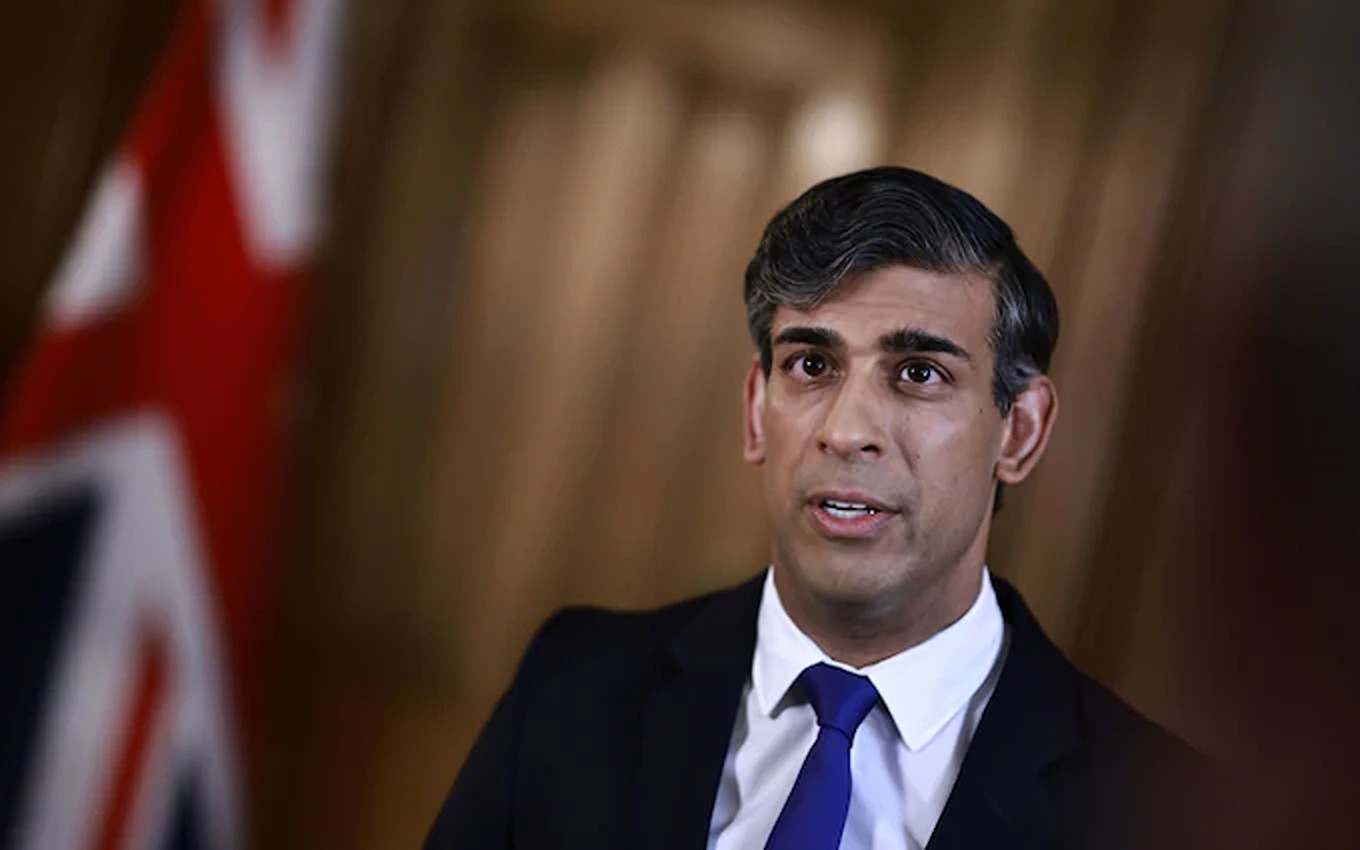The UK government, alongside the country’s asset management sector, recently declared that investing in defense companies aligns with sustainable long-term investment strategies.
This endorsement came from a joint announcement by Britain’s finance ministry and the Investment Association, the leading body for UK asset management.
Previously, defense firms faced restrictions in acquiring debt and equity capital due to Environmental, Social, and Governance (ESG) concerns.
However, the latest statement emphasized the role of defense investments in bolstering national security and protecting civil liberties, asserting such investments also provide substantial returns for pension funds and individual investors.
The joint declaration highlighted the robust backing of the UK’s premier investment management community for the defense sector, with the Investment Association’s members collectively investing 35 billion pounds in UK defense firms.
“That is why the UK’s world leading investment management industry supports our defence sector, with the Investment Association’s members having invested 35 billion pounds in UK defence companies,” the statement detailed.
Further, the announcement clarified the compatibility of investing in well-managed, high-quality defense companies with ESG criteria.
The statement elaborated, “Investing in good, high-quality, well-run defence companies is compatible with ESG considerations as long-term sustainable investments is about helping all sectors and all companies in the economy succeed.”
In line with strengthening the nation’s military capabilities amid global instability, Prime Minister Rishi Sunak confirmed plans to increase defense spending.
He announced that defense expenditure would rise to 2.5% of the GDP, amounting to 87 billion pounds annually by 2030.
Sunak’s decision reflects the heightened need for readiness in what he described as “the most dangerous [time] since the Cold War.”


